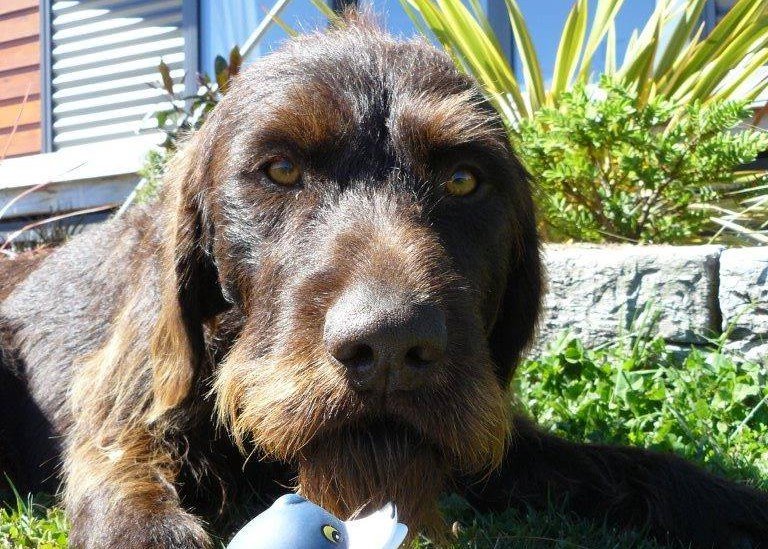Teaching new dogs old tricks: Kiwibank and DOC join forces to punish predators

It’s been said you can’t teach an old dog new tricks. But what about teaching old tricks to new dogs? That’s what Kiwibank and the Department of Conservation (DOC) are hoping to do, with the launch of a three-year renewable partnership that will see Conservation Dogs at the frontline of DOC’s work in wilderness areas of Aotearoa, helping find protected species and capture unwanted pests as part of a drive to make New Zealand predator-free by 2050. In other words, they’re going to be looking at old ways to innovate to solve one of the biggest challenges facing the country.

The partnership will help fund a pilot in its first year to boost and consolidate the conservation dogs programme. By funding a pest detection dog handler and a species detection dog certifier for six months each, it will allow us to increase quarantine patrols and surveillance of DOC land. There will also be a focus on an advocacy to increase awareness and protection of natural species and prevent the introduction of pest species.

Kiwibank CEO Paul Brock is certainly excited. “We believe removing introduced predators such as rats, stoats and possums is one of New Zealand’s biggest conservation challenges, so it makes sense for us all to work together, using Kiwibank’s nationwide reach and influence,” he says. “We believe this is a challenge that is bigger than each of us but not bigger than all of us. Wellington’s Crofton Downs suburb, which recently became predator free, shows how volunteerism and community spirit can achieve the exceptional. Similarly, DOC’s world-leading Conservation Dogs initiative has achieved remarkable results in the conservation of endemic species like the k?k?p?, kiwi and takah?. We’re going to help these human and four-legged volunteers take up the predator free challenge and make achieving New Zealand’s ‘Apollo Project’ a reality.”

DOC director general Lou Sanson has similar sentiments. “Working together with Kiwibank will help us to unleash the potential of these incredible dogs and means we can do more conservation and quarantine work on our pest free islands and in mainland sanctuaries.”

Putting more “paws on the ground” is something that also has Predator Free New Zealand chair Sir Rob Fenwick excited. “The war on predators is widening to drive rats, possums and stoats out of towns and places where lots of people live,” he says. “This partnership will offer support to communities that want to clean out predators. We’ll help neighbourhoods with sourcing traps and equipment; providing advice on project management and monitoring predator numbers. Future generations will wonder why we tolerated allowing these filthy exotic predators to take over New Zealand. Rats, possums, and stoats live where people live – in towns and cities. As well as predating on our wildlife they carry serious diseases.

About 80 conservation dogs already work in Aotearoa – 45 to find protected species, and 35 to find pests. New Zealand was actually the first country in the world to use dogs for conservation, with the practice dating back to the 1890s.

The partnership will allow for an estimated 15 percent increase in quarantine inspections and surveillance, which could also help curb the introduction of pests. The idea of getting rid of pests isn’t entirely a “moon shot” either: in 2014, Crofton Downs became the country’s first predator-free suburb. The goal of the Kiwibank partnership is to take the Crofton Downs model to every community in New Zealand, and 10 residential communities will initially be supported by the programme.
The takeaway is the following: if you’re a weasel or a rat – literally – you might want to figure out how to get out of the country as quick as possible.
But if you’re the actual Predator… yeah, you probably better get lost, too.




